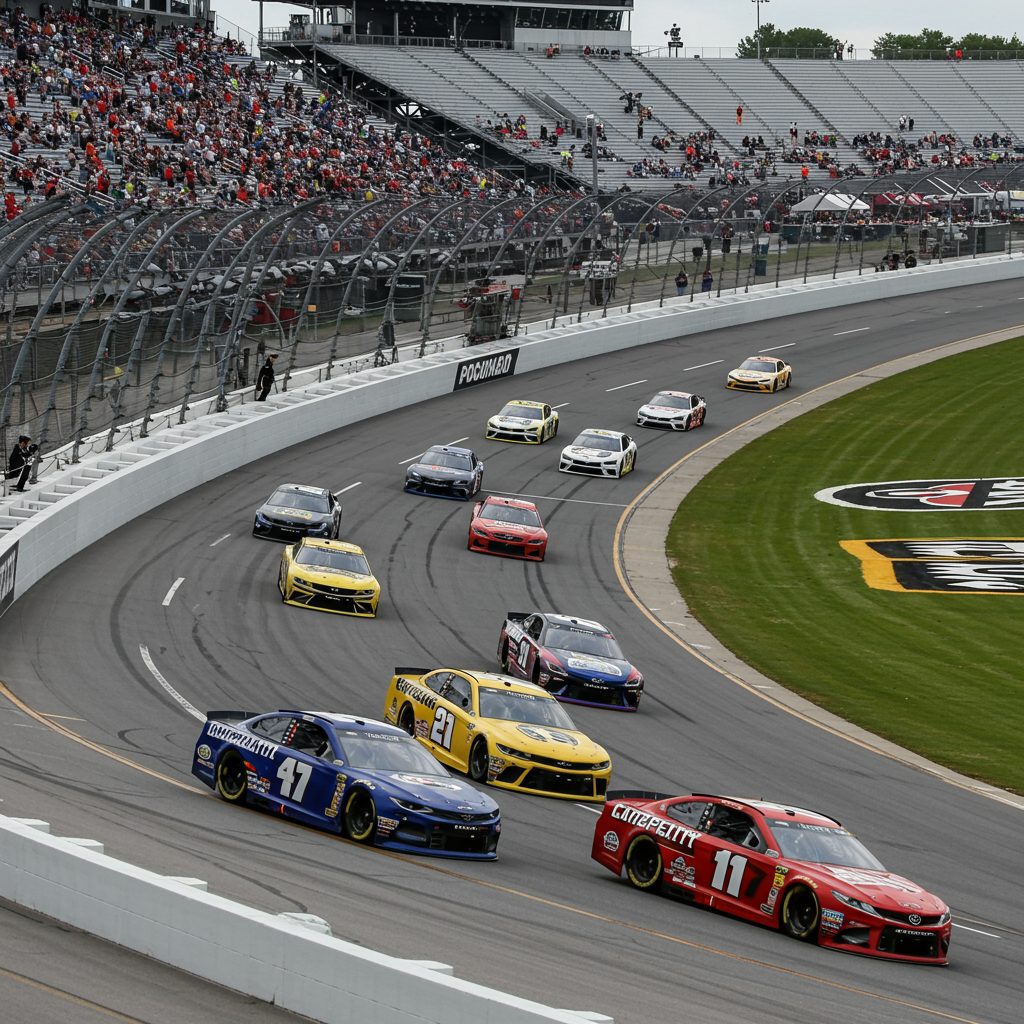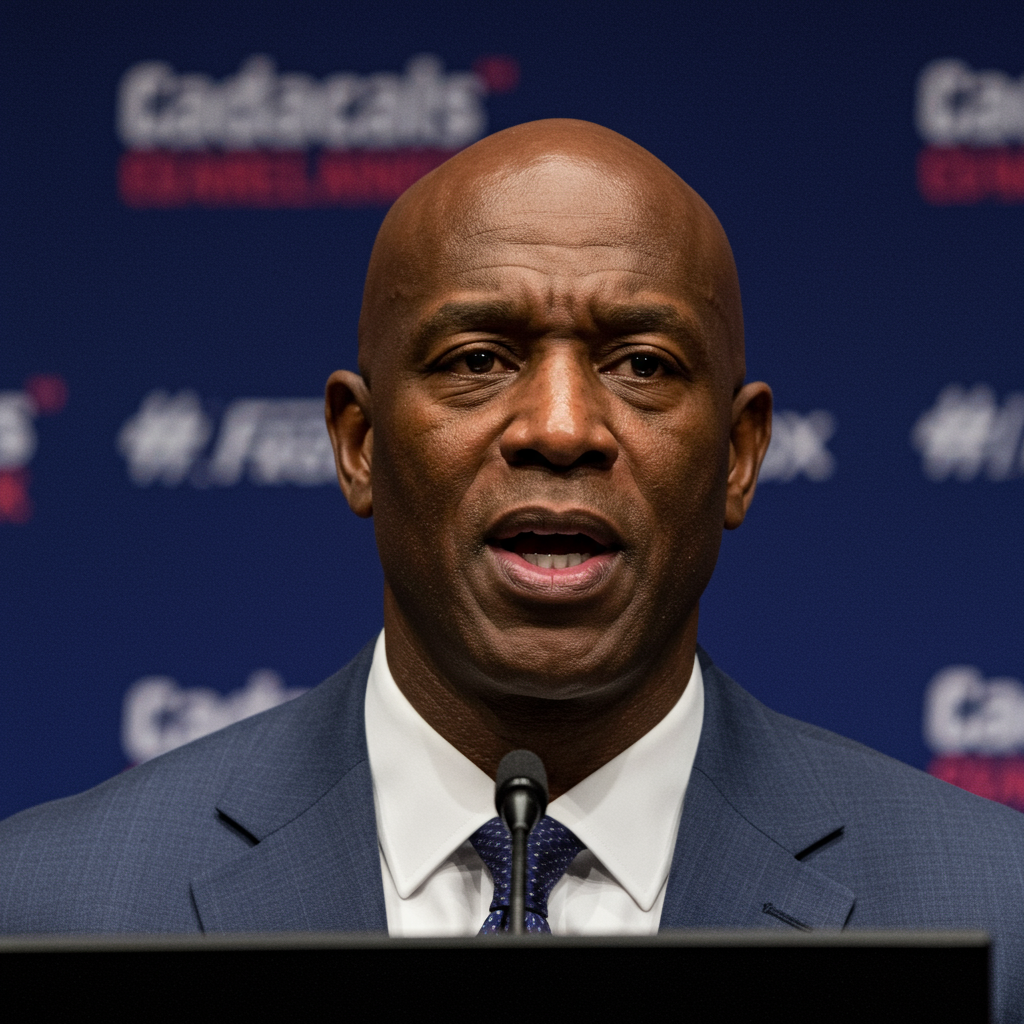OMAHA, Neb. — The Men’s College World Series championship series is set, pitting the traditional powerhouse LSU Tigers against the surging Coastal Carolina Chanticleers in a best-of-three showdown beginning Saturday night on ESPN. While many observers frame this matchup as the classic “David vs. Goliath” narrative – the storied SEC giant against the scrappy Sun Belt challenger – a closer look reveals a more nuanced and equally compelling story: a clash not just of different styles of baseball, but of shared histories rooted in the challenge of building programs.
LSU: The Perennial Powerhouse
The LSU Tigers arrive in Omaha for their 20th MCWS appearance, carrying the weight of seven national championships. This is a program synonymous with college baseball greatness, built over decades by legends like Skip Bertman and featuring stars from Ben McDonald to Paul Skenes. Seeking their eighth title, which would further solidify their argument as the greatest program in history, LSU embodies the peak of the sport’s establishment. Back in the finals after missing the trip to Omaha last season, they navigated a challenging path, even facing an unexpected test against lower-ranked Little Rock in their home regional before rallying, a moment that likely fueled their motivation heading into the Super Regionals where they defeated West Virginia. Representing the mighty SEC with a massive athletic budget, LSU’s style of play reflects its stature: big, strong, and burly, both in their powerful lineup and on the mound.
Coastal Carolina: The Upstart with Momentum
Coastal Carolina makes just its second trip to the MCWS, but their previous visit in 2016 ended with a national championship that captivated millions. The Chanticleers proved that greatness isn’t limited to the sport’s traditional hotbeds. If they can secure a second title in less than a decade, it would firmly establish them as a legitimate baseball superpower. Coming into the championship series, Coastal is riding a remarkable wave of momentum, boasting an impressive 21-game winning streak that carried them through their conference schedule, tournament play, and regional victories over strong teams like East Carolina and Clemson, as highlighted in recent Super Regional previews. Despite representing the Sun Belt Conference with a significantly smaller budget compared to LSU, Coastal’s success is undeniable. Their style of play harks back to classic strategies, focusing on aggressive early offense (“holding the rope”) and a tenacious defense to protect leads over eight innings.
More Than Just David vs. Goliath: A Shared History of Building
While the contrast in resources and history is stark, the programs and the men who lead them share a deeper connection: the understanding of what it takes to build a winning culture, often from the ground up.
Coastal’s rise is inextricably linked to Gary Gilmore, who literally built the program from a “pile of sand” and second-hand bleachers back in the 1990s. He transformed a satellite campus team into a national champion through relentless effort and vision.
Similarly, when Skip Bertman arrived at LSU, the program was far from the juggernaut it is today. As Bertman himself recalled, the stadium was spacious but empty, and postseason appearances were rare. Inspired by Ron Fraser’s innovative approach to building the Miami Hurricanes program from minimal resources, Bertman set about creating a destination program at LSU, eventually leading them to five national titles and establishing the blueprint many SEC teams now follow.
Both current coaches, Kevin Schnall of Coastal and Jay Johnson of LSU, deeply respect this history. Schnall, who played for Coastal and served as a long-time assistant before taking the helm, was known as a dogged recruiter instrumental in the program’s growth. Johnson, who led Arizona to the MCWS finals and understands the grind from coaching at various levels, including Division II, studied builders like Bertman and Gilmore.
As Schnall puts it, regardless of program size, the core challenge remains the same: recruiting the right players who fit the culture and are willing to work. Johnson echoes this, acknowledging the effort required at every level. Their mutual respect grew from encountering each other on the recruiting trail, forging a bond based on shared experiences in the constant construction mode of college baseball.
The Styles Set to Collide
When Coastal Carolina and LSU take the field, the championship won’t just be decided by historical pedigree or budget size. It will be a strategic battle between contrasting philosophies:
LSU: Leveraging their inherent power and talent advantage with a focus on strong hitting throughout the lineup and dominant pitching performances.
Coastal Carolina: Employing their aggressive, classic style – attacking early, manufacturing runs, and relying on disciplined defense and pitching to protect advantages.
Both teams have the same ultimate goal: score more runs than the other guy. But the paths they take to get there highlight the diversity and enduring appeal of college baseball. Schnall, emotional about leading his alma mater on this national stage, understands the magnitude of the moment.
This MCWS final is a compelling narrative of legacy meets momentum, powerhouse meets gritty challenger, all underpinned by a shared history of overcoming obstacles and building something great, pitch by pitch, season by season. The clash of styles on the diamond will be the culmination of these parallel, yet distinct, journeys.




